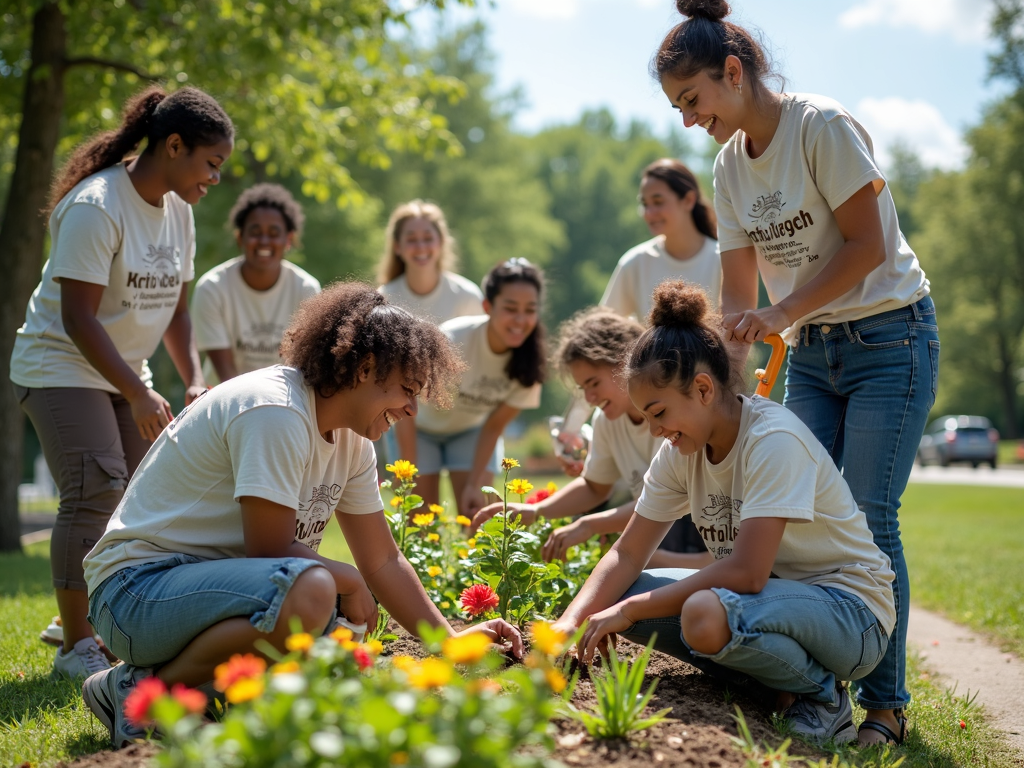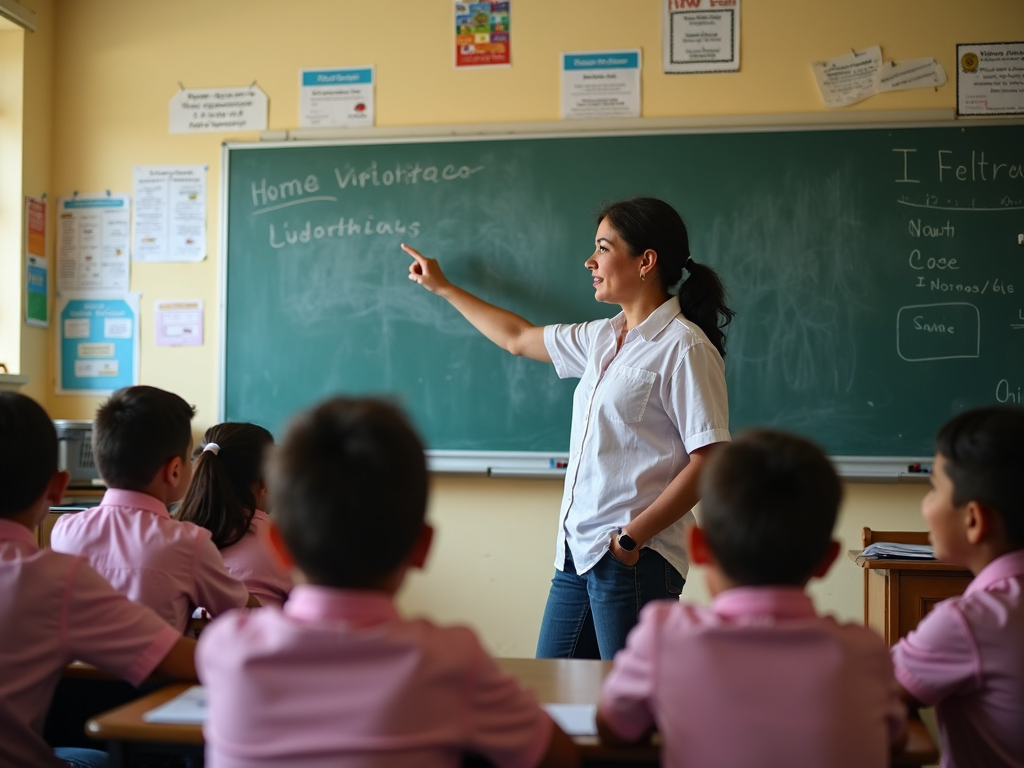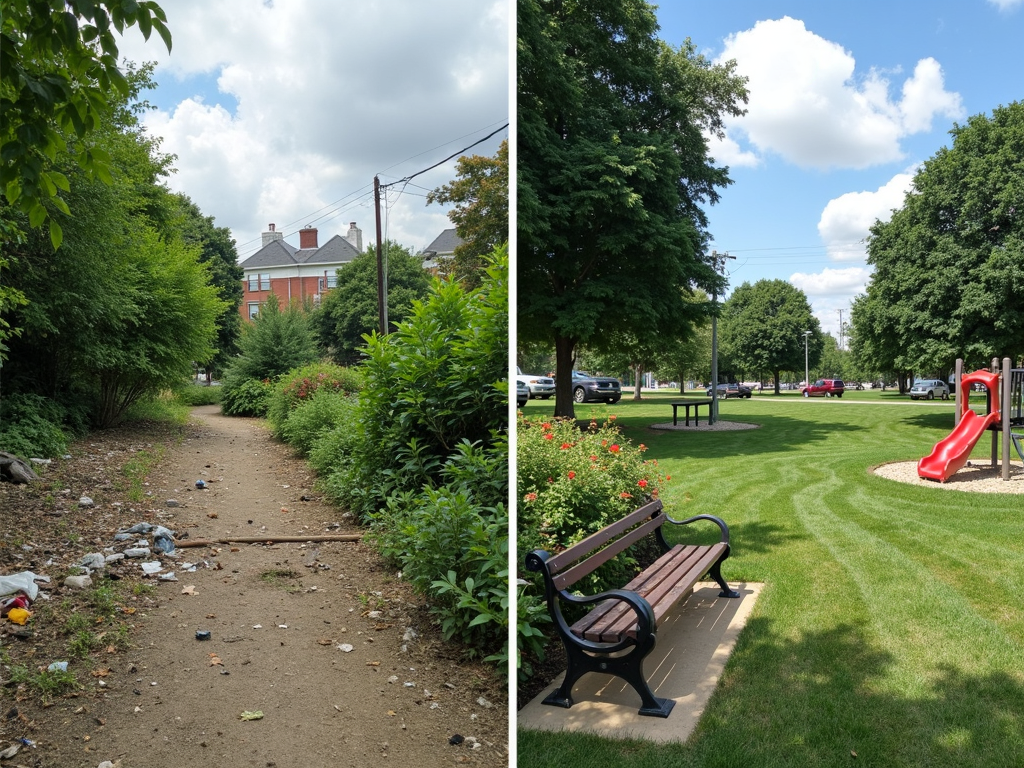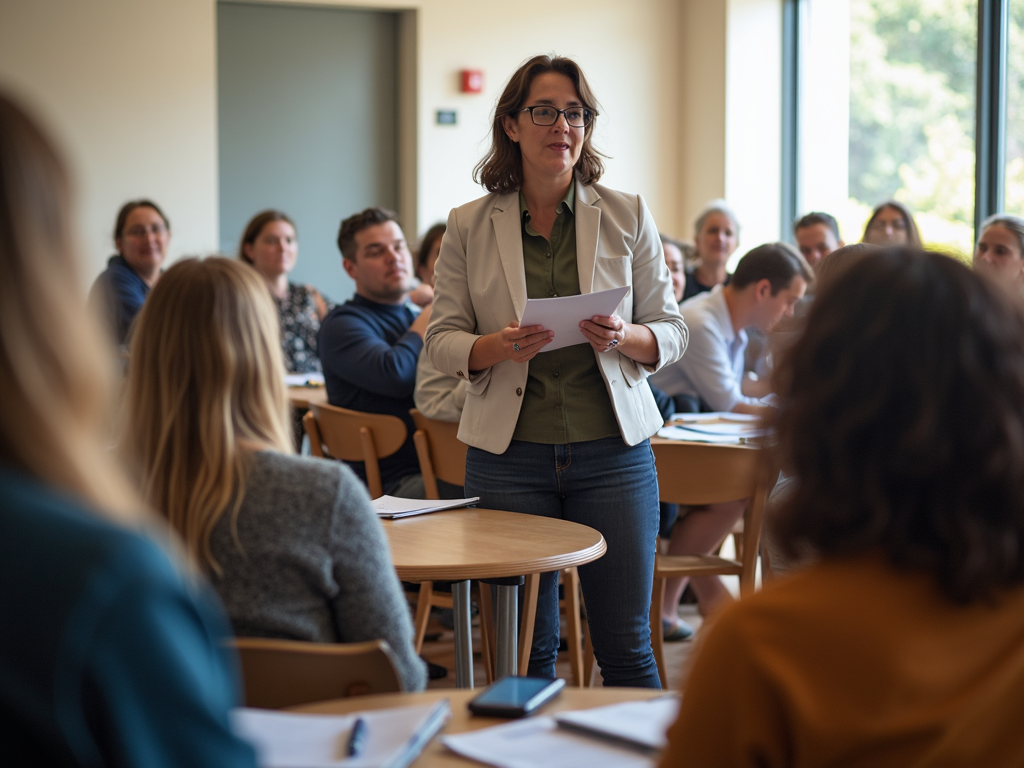The Transformative Impact of Volunteering on Community Development
By , June 16, 2025
Volunteering is a powerful force for community development, bringing people together to address local needs and build stronger, more connected neighborhoods. From revitalizing public spaces to supporting education, volunteers play a vital role in creating positive change. This article explores the many ways volunteering impacts communities, with a focus on skill-based volunteering and its unique contributions.
What Is Volunteering and Why Does It Matter?
Volunteering is when people freely give their time, skills, and energy to help others or support a cause. It’s not just about doing good—it’s about making a real difference in the lives of individuals and the health of entire communities. Whether it’s cleaning up a park, tutoring students, or organizing a neighborhood event, volunteers are the backbone of many community development efforts.

Communities thrive when people come together to solve problems and improve their surroundings. Volunteering fosters social connections, builds trust, and creates a sense of belonging. It’s a way for people to take ownership of their community’s future and work towards common goals.
Types of Volunteering: From General Help to Skill-Based Contributions
Volunteering comes in many forms, each with its own impact on community development. Here are some common types:
- General Volunteering: This includes activities like serving meals at a shelter, organizing community events, or participating in clean-up drives. These efforts help meet immediate needs and bring people together.
- Skill-Based Volunteering: Volunteers use their professional skills to provide specialized support. For example, a teacher might offer tutoring, or a graphic designer could create materials for a local nonprofit. This type of volunteering is especially valuable because it leverages expertise to address specific challenges.
- Volunteer-Led Initiatives: Sometimes, volunteers take the lead in starting new projects, like creating a community garden or launching a youth mentorship program. These initiatives can have a lasting impact by addressing long-term needs.
Among these, skill-based volunteering stands out for its ability to provide high-value services that might otherwise be unaffordable for community organizations. For instance, in education, skill-based volunteering can help bridge gaps by offering tutoring, mentoring, or even curriculum development.

The Benefits of Volunteering for Communities
Volunteering has a ripple effect that extends far beyond the immediate task at hand. Here are some key ways it benefits communities:
- Improving Physical Spaces: Volunteers often work on projects like building playgrounds, painting murals, or cleaning up public areas. These efforts make neighborhoods more attractive and functional, encouraging residents to take pride in their surroundings.
- Strengthening Social Ties: When people volunteer together, they form connections that strengthen the community’s social fabric. These relationships can lead to more collaboration and support in times of need.
- Providing Essential Services: In many communities, volunteers fill gaps in services like education, healthcare, and social support. For example, volunteer-run food banks or tutoring programs can be lifelines for families in need.
- Empowering Residents: Volunteering gives people a sense of agency and purpose. It shows that individuals can make a difference, which can inspire others to get involved and contribute to their community’s growth.
A study by the Corporation for National and Community Service found that volunteers contribute billions of dollars in economic value each year, highlighting the significant impact of their work. But beyond the numbers, the true value lies in the lives changed and communities strengthened.

Personal Insights: Real Stories of Change
One of the most inspiring aspects of volunteering is the personal stories of transformation it creates. Take, for example, the story of a small town that rallied together to save its local library. Facing budget cuts, the library was at risk of closing. But a group of dedicated volunteers stepped in, organizing fundraisers, hosting events, and even staffing the library on weekends. Their efforts not only kept the library open but also turned it into a thriving community hub where people of all ages come to learn and connect.
Another powerful example is the impact of skill-based volunteering in education. In a low-income neighborhood, a group of retired teachers started a volunteer tutoring program for students struggling with math and reading. Over time, the students’ test scores improved, and many went on to pursue higher education. The volunteers didn’t just teach—they mentored, encouraged, and showed the students that their community believed in them.
These stories remind us that volunteering isn’t just about the tasks completed; it’s about the lives touched and the hope inspired.

How to Get Involved in Volunteering
If you’re inspired to make a difference, there are many ways to get involved in volunteering. Here are some steps to start:
- Identify Your Interests: Think about what causes or issues you’re passionate about. Do you care about education, the environment, or social justice? Your interests can guide you to the right opportunities.
- Assess Your Skills: Consider what skills you can offer. Whether it’s teaching, organizing, or simply being a good listener, there’s a place for everyone in volunteering.
- Find Local Opportunities: Look for volunteer openings in your community. Websites like VolunteerMatch or local nonprofit organizations often list available roles.
- Start Small: You don’t have to commit to a huge project right away. Start with a one-time event or a few hours a week to see what fits your schedule and interests.
Remember, every little bit helps. Even a small act of kindness can have a big impact on your community.

Summary
Volunteering is more than just a way to give back—it’s a powerful tool for community development. By bringing people together, providing essential services, and fostering a sense of belonging, volunteers help create stronger, more resilient communities. Whether through general help or skill-based contributions, the impact of volunteering is profound and far-reaching. If you’re looking to make a difference, there’s no better time to start than now.